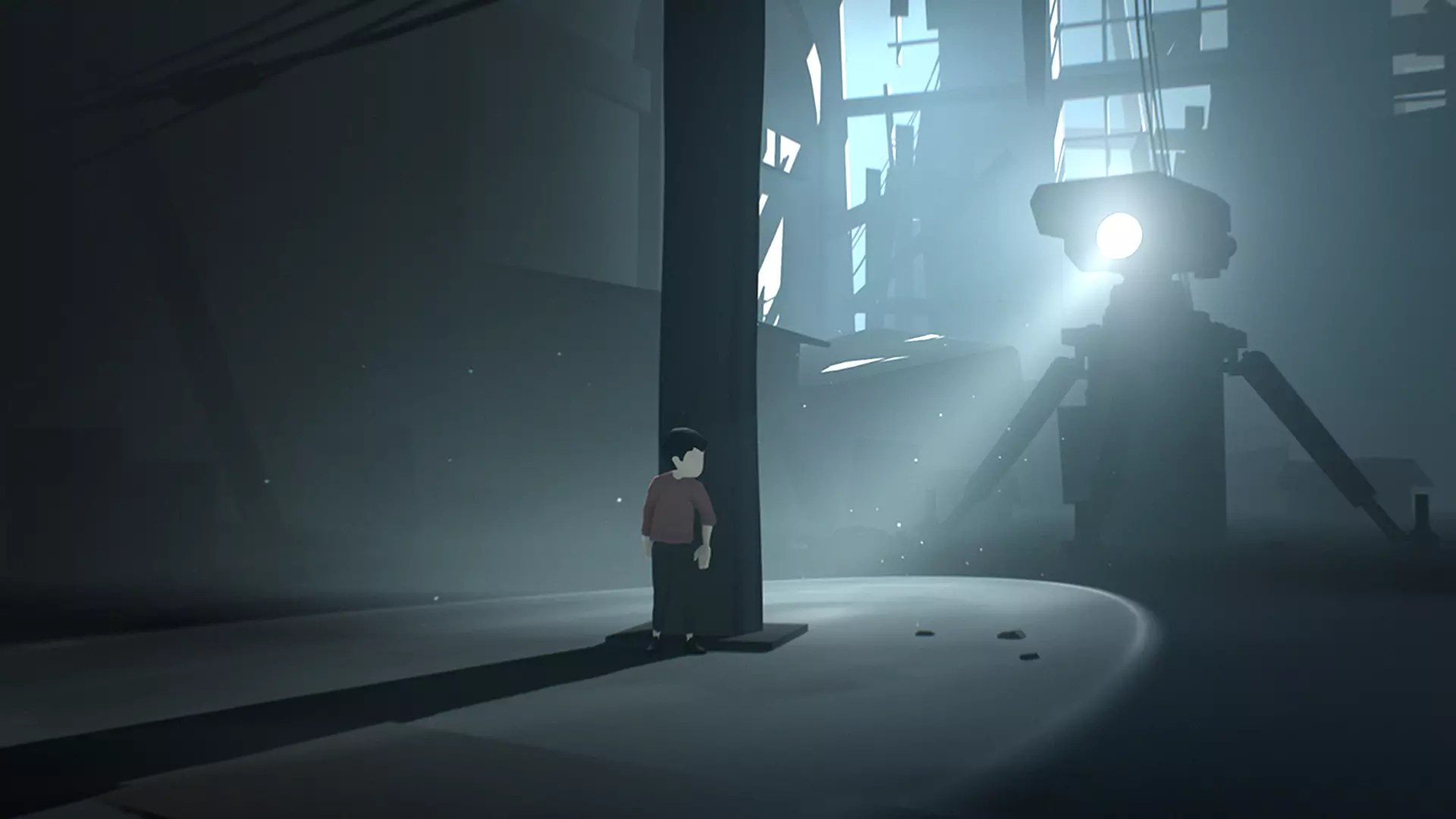In a surprising turn of events, beloved indie classics like *Limbo* and *Inside* will soon be pulled from GOG, leaving many fans to wonder about the deeper reasons behind this decision. These games, which have been celebrated for their atmospheric storytelling and innovative design, have become more than mere entertainment; they are cultural touchstones within the gaming community. Their impending removal not only disrupts access but also raises questions about the fragile nature of intellectual property management in the industry.
GOG’s announcement—lamely attributing the removal to unspecified legal issues—suggests complexities far more profound than a simple licensing dispute. Gamers and industry observers are right to suspect that a behind-the-scenes conflict may be at play. When titles with such a significant reputation are delisted abruptly, it often hints at underlying legal and personal struggles that transcend the games themselves. Such removals threaten to erase integral pieces of gaming history, reminding us how vulnerable the preservation of digital art can be amid corporate and personal discord.
The Human Drama: A Feud That Threatens Creative Legacies
At the heart of this controversy are the fractured relationships within Playdead, the studio behind these acclaimed titles. Once a close-knit partnership between co-founders Dino Patti and Arnt Jenson, their split has now spilled into the legal arena with serious implications. Patti’s departure following the success of *Inside* has turned bitter, fueled by allegations of threats and a legal assault aimed at tarnishing his contributions. The public nature of their feud has cast a shadow over Playdead’s future projects and the legacy of their pioneering work.
This rift represents more than a personal vendetta; it exemplifies how creative collaborations can be crippled when egos and disputes overshadow the artistry. Patti’s move to establish Jumpship and release *Somerville* amid the fallout shows his resilience and desire to continue his creative journey, yet the legal threats and potential delisting of their foundational titles threaten to undermine that progress. When developers are embroiled in legal battles, the entire industry feels the ripple effects—especially fans who cherish these works.
The Broader Industry Warning and the Future of Indie Gaming
The shutdown of *Limbo* and *Inside* from a major platform highlights a disconcerting trend: the erosion of digital libraries due to personal conflicts and legal disputes. It prompts us to question the long-term security of digital-only media in an industry where legal disputes can effectively erase history. While *Limbo* and *Inside* are playable on other platforms, their removal from GOG—a site known for its indie-friendly ethos—sends a powerful message: even cultural landmarks are vulnerable to the fallout of internal strife.
For the indie gaming scene, this episode underscores a broader need for more robust protections around intellectual property and creator rights. As small studios navigate legal complexities alongside creative pursuits, their stories—and their games—must be safeguarded from becoming collateral damage. The art of game development is inherently collaborative and personal; when disputes escalate to legal battles, it risks reducing the shared passion that birthed these titles into mere legal collateral.
In essence, the disappearance of these iconic titles serves as a stark reminder that behind every celebrated game lies human relationships fraught with tension. The industry must recognize that preserving these works isn’t just about royalties or licensing but about respecting the human stories intertwined with technological innovation. If we fail to learn from these conflicts, we risk sacrificing cultural milestones on the altar of legal and personal disputes.


Leave a Reply